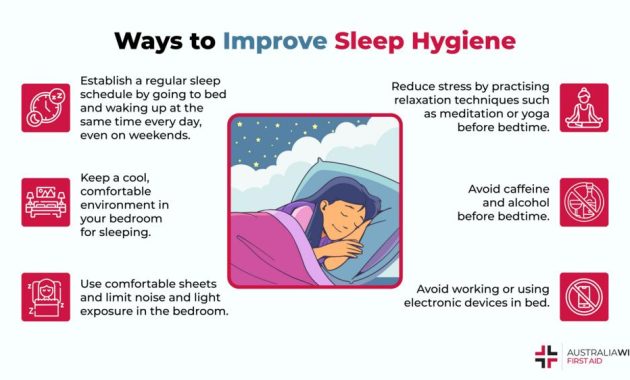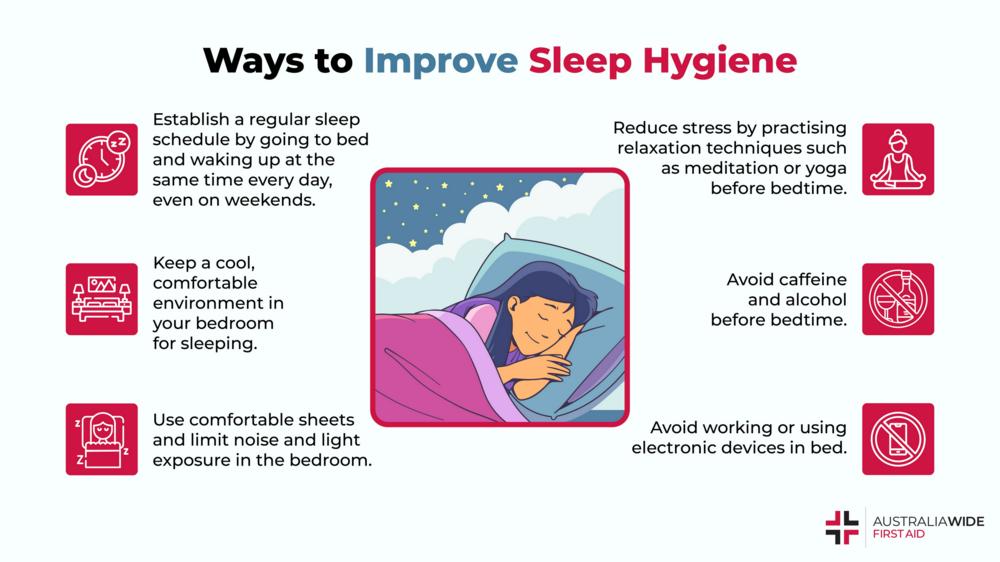
Diabet Sleep Tips That Actually Help Healing: A Guide to Better Sleep and Blood Sugar Control
For individuals managing diabetes, a good night’s sleep isn’t just a luxury; it’s a critical component of overall health and well-being. The intricate relationship between sleep and diabetes is well-documented. Poor sleep can significantly impact blood sugar levels, insulin sensitivity, and the body’s ability to heal. This article delves into practical diabet sleep tips that can help improve sleep quality and, consequently, assist in the healing process.
The prevalence of sleep disorders, like insomnia and sleep apnea, is higher in people with diabetes. This often creates a vicious cycle. Poor sleep exacerbates diabetes symptoms, and diabetes itself can disrupt sleep. However, adopting effective diabet sleep tips can break this cycle, leading to improved health outcomes.
The Unseen Link: Sleep and Diabetes
The connection between sleep and diabetes goes far beyond mere coincidence. Sleep deprivation has a direct impact on insulin resistance. When you don’t sleep well, your body produces more cortisol (the stress hormone). This, in turn, makes it harder for insulin to function correctly, leading to elevated blood sugar levels. Over time, this can worsen diabetes and increase the risk of complications.
Furthermore, sleep is crucial for the release of growth hormone, which is essential for cell repair and regeneration. Adequate sleep supports the healing of wounds and the recovery from illness, which is particularly important for people with diabetes, who are already at a higher risk of delayed healing. Therefore, prioritizing sleep becomes a vital aspect of diabetes management.
Understanding Sleep Disorders in Diabetes
Several sleep disorders are more common among individuals with diabetes. Recognizing these can help you seek appropriate medical attention and implement targeted diabet sleep tips.
- Insomnia: This is difficulty falling asleep, staying asleep, or waking up too early. It can be caused by various factors, including pain, anxiety, and the side effects of certain medications.
- Sleep Apnea: This is a condition in which breathing repeatedly stops and starts during sleep. It can lead to fragmented sleep, low oxygen levels, and increased risk of cardiovascular problems.
- Restless Legs Syndrome (RLS): This causes an irresistible urge to move the legs, often accompanied by uncomfortable sensations. It can severely disrupt sleep.
If you suspect you have a sleep disorder, it’s important to consult with your doctor. They can diagnose the problem and recommend appropriate treatments, which may include lifestyle changes, medications, or therapies.
Essential Diabet Sleep Tips for Better Sleep
Implementing these diabet sleep tips can significantly improve your sleep quality and help manage your diabetes:
Establish a Consistent Sleep Schedule
Go to bed and wake up at the same time every day, even on weekends. This helps regulate your body’s natural sleep-wake cycle (circadian rhythm). A consistent schedule sends a clear signal to your body, making it easier to fall asleep and wake up feeling refreshed.
Create a Relaxing Bedtime Routine
Develop a relaxing routine to signal to your body that it’s time for sleep. This might include taking a warm bath, reading a book, listening to calming music, or practicing relaxation techniques like deep breathing or meditation. Avoid screen time (phones, tablets, computers) for at least an hour before bed, as the blue light emitted can interfere with sleep.
Optimize Your Sleep Environment
Your bedroom should be dark, quiet, and cool. Use blackout curtains, earplugs, or a white noise machine to minimize distractions. Ensure your mattress and pillows are comfortable and supportive. A well-designed sleep environment can significantly enhance sleep quality.
Manage Blood Sugar Levels Before Bed
Check your blood sugar levels before going to bed. If they are too high or too low, take steps to correct them. High blood sugar can lead to frequent urination and thirst, disrupting sleep. Low blood sugar can cause night sweats, nightmares, and awakenings. Maintaining stable blood sugar levels throughout the night is crucial for restful sleep.
Watch Your Diet and Hydration
Avoid large meals, caffeine, and alcohol close to bedtime. These can interfere with sleep. Drink plenty of water throughout the day, but limit fluids in the evening to reduce the need to urinate during the night. A balanced diet is essential for overall health and sleep quality. Consider the impact of what you eat on your sleep.
Engage in Regular Physical Activity
Regular exercise can improve sleep quality, but avoid strenuous workouts close to bedtime. Aim for at least 30 minutes of moderate-intensity exercise most days of the week. Exercise helps regulate blood sugar levels and reduces stress, both of which can contribute to better sleep. Incorporate activities you enjoy to make it sustainable.
Manage Stress and Anxiety
Stress and anxiety can significantly disrupt sleep. Practice stress-reducing techniques, such as mindfulness, yoga, or spending time in nature. If you are struggling with anxiety or depression, seek professional help. Effective stress management is a key diabet sleep tip.
Consider Medications and Supplements (With Doctor’s Approval)
If you are having trouble sleeping, talk to your doctor about medications or supplements that might help. Some medications can improve sleep. However, always discuss potential side effects and interactions with your doctor. Certain supplements, such as melatonin, can also be helpful, but should be used under medical guidance.
Address Sleep Apnea
If you suspect you have sleep apnea, get tested and treated. Sleep apnea can significantly disrupt sleep and worsen diabetes. Treatment options include CPAP (continuous positive airway pressure) therapy, oral appliances, and lifestyle changes. Addressing sleep apnea is a crucial diabet sleep tip.
Practical Strategies for Implementing Diabet Sleep Tips
Putting these diabet sleep tips into practice requires a proactive approach. Start by identifying specific areas where you can make improvements. Track your sleep quality using a sleep diary or a sleep tracker app. This can help you identify patterns and assess the effectiveness of your interventions.
Set realistic goals and make gradual changes. Don’t try to overhaul your entire lifestyle overnight. Start with one or two diabet sleep tips and gradually incorporate others. Be patient. It takes time to establish new habits. Celebrate your successes and don’t get discouraged by setbacks.
Seek support from healthcare professionals, family, and friends. Your doctor, a certified diabetes educator, or a sleep specialist can provide guidance and support. Share your goals with loved ones and ask them for help in maintaining healthy sleep habits.
The Healing Power of Sleep for Diabetics
Improved sleep can significantly improve the healing process in individuals with diabetes. Adequate sleep supports the body’s natural repair mechanisms. It enhances insulin sensitivity, reduces inflammation, and promotes overall well-being. By prioritizing sleep, people with diabetes can improve their blood sugar control, reduce their risk of complications, and experience a better quality of life.
Wound healing is often impaired in diabetes, and sleep plays a vital role in this process. When you sleep, your body releases growth hormone, which helps repair tissues. Improving sleep quality can help speed up the healing process and reduce the risk of infections. By focusing on these diabet sleep tips, you are investing in your long-term health.
Focusing on these diabet sleep tips can be a game-changer for diabetics. These tips are not just about getting more hours of sleep; they are about improving the quality of sleep, which in turn helps manage blood sugar levels and promotes healing. Consistency is key, and the benefits are well worth the effort.
Conclusion
Prioritizing sleep is an essential part of diabetes management. By incorporating effective diabet sleep tips into your daily routine, you can improve your sleep quality, manage your blood sugar levels, and promote healing. Remember to consult with your healthcare team for personalized advice. Making these changes can significantly improve your health and well-being. Embrace these strategies and take control of your sleep and your health.
[See also: Related Article Titles]

